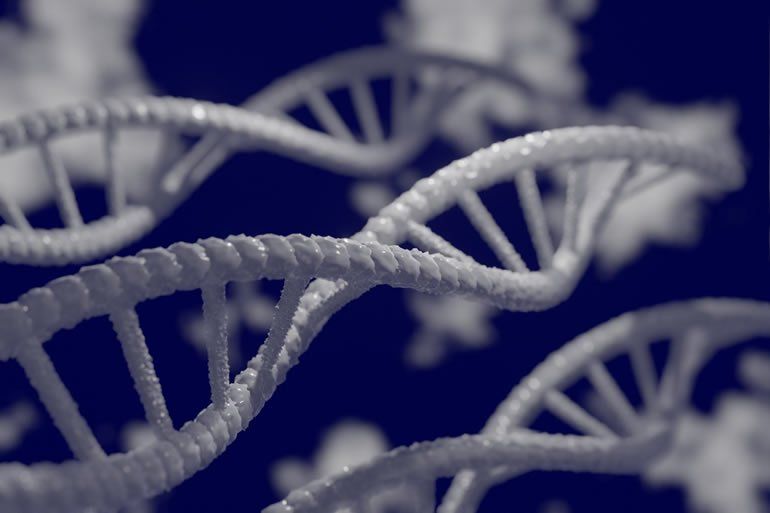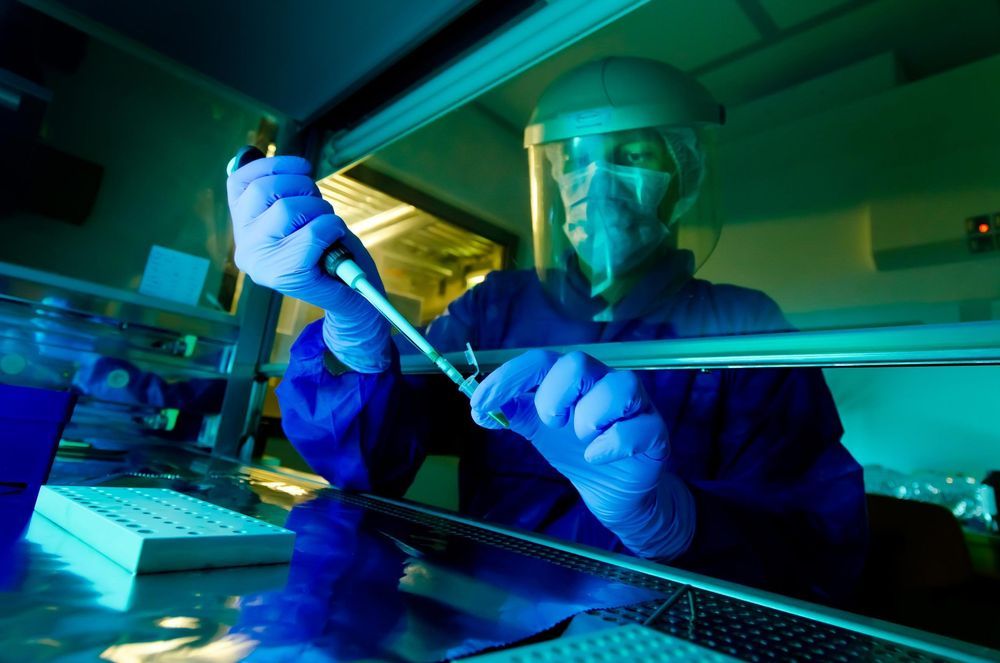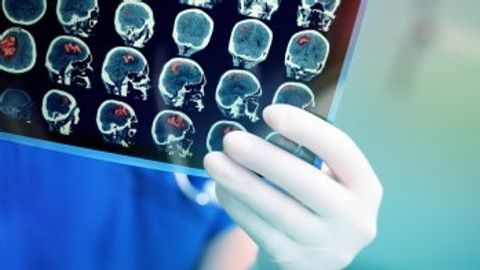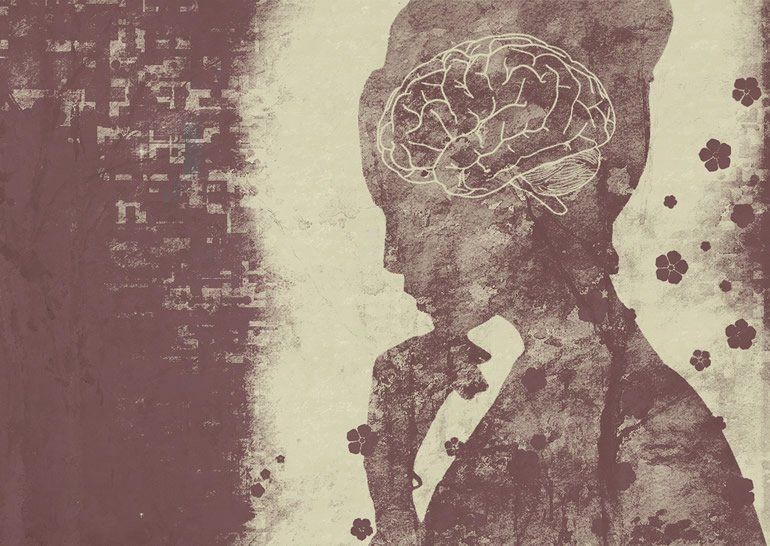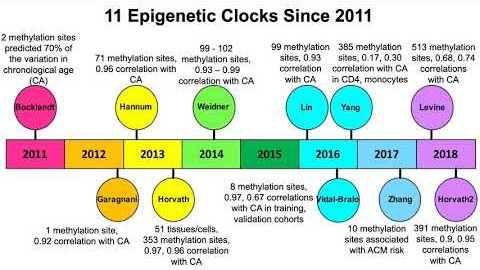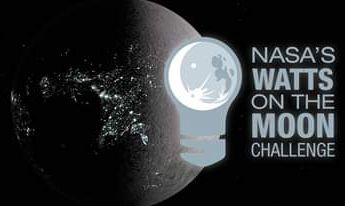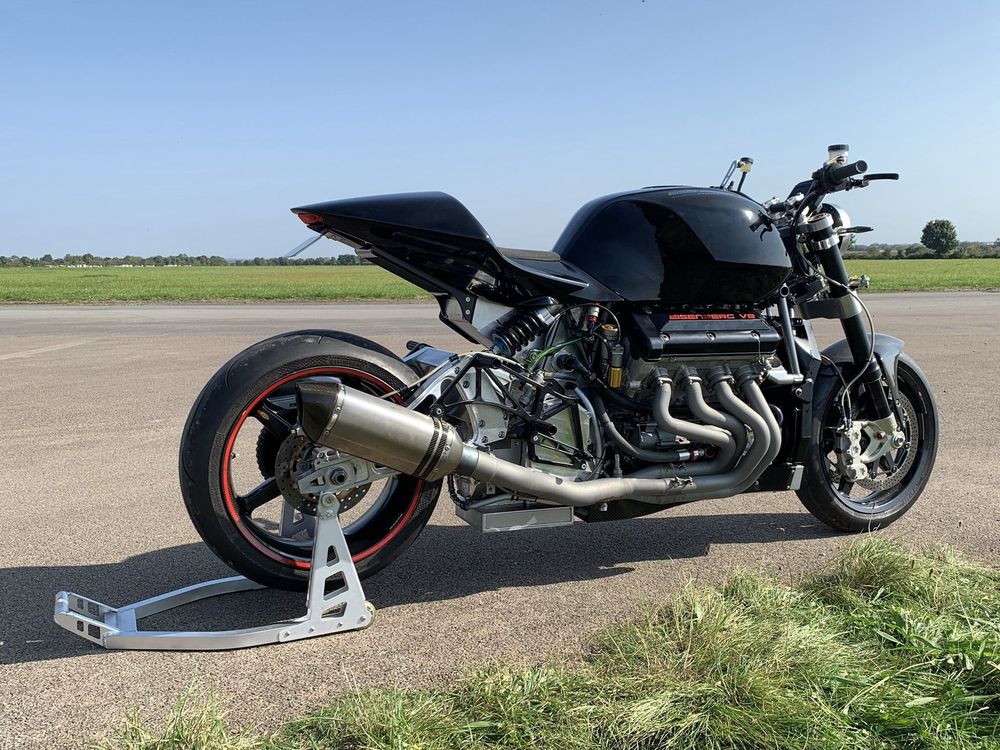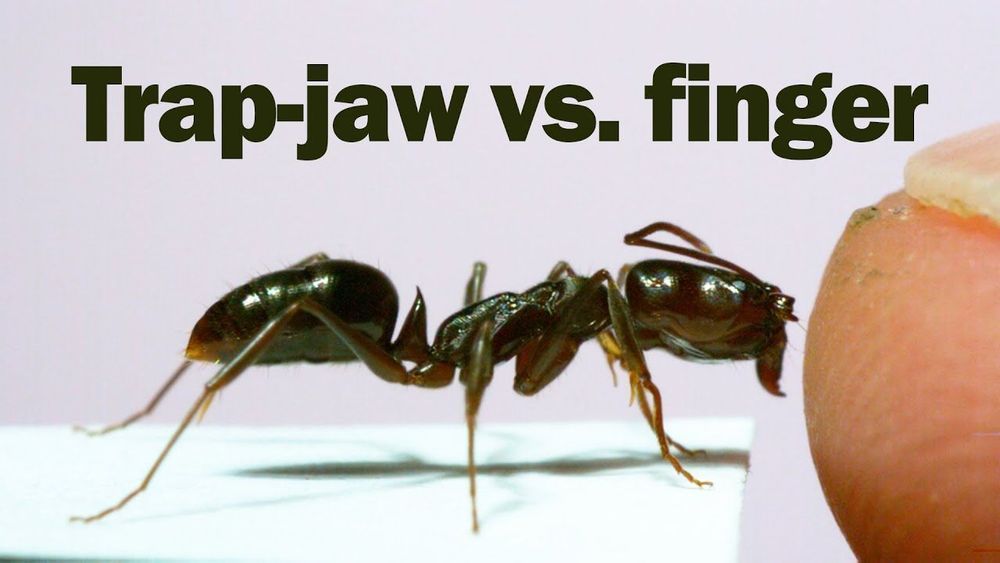Sep 27, 2020
A Genetic Variant That Protects Against Alzheimer’s Promotes Immune Cell Functions
Posted by Genevieve Klien in categories: biotech/medical, genetics, neuroscience
Summary: PLCG2-P522R, a genetic variant that protects against Alzheimer’s disease, enhances key functions of immune cells.
Source: University of Eastern Finland
A new study conducted by researchers at the University of Eastern Finland found that the PLCG2-P522R genetic variant, which protects against Alzheimer’s disease, enhances several key functions of immune cells. The results obtained in the study highlight the importance of immune cells as a target of future development of new therapies for Alzheimer’s disease.
